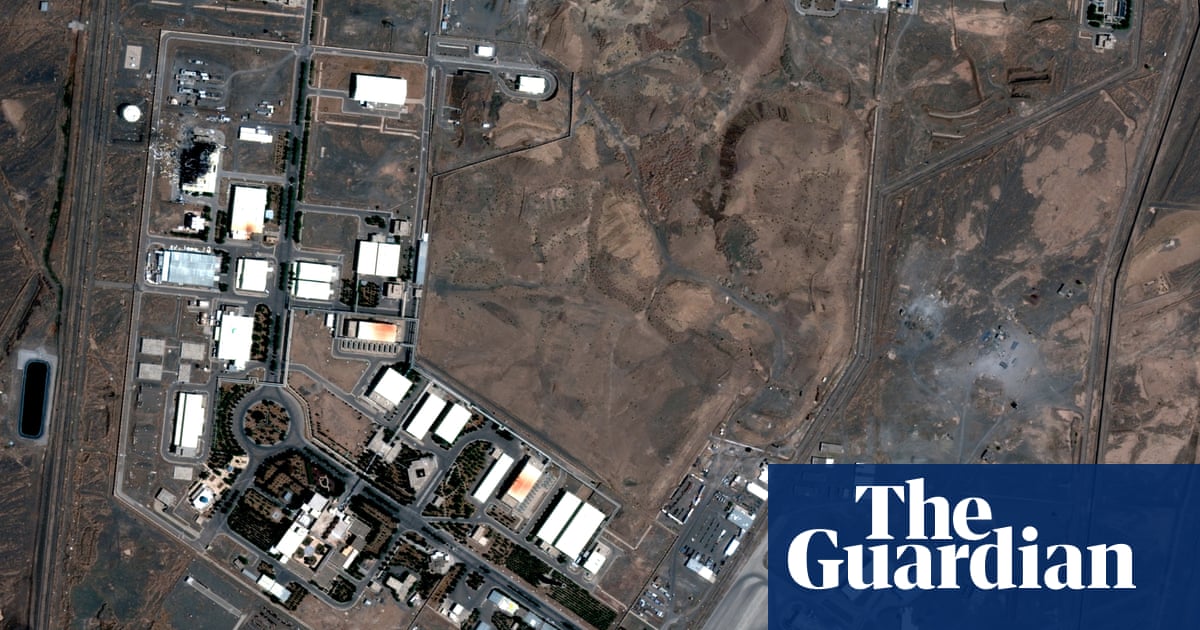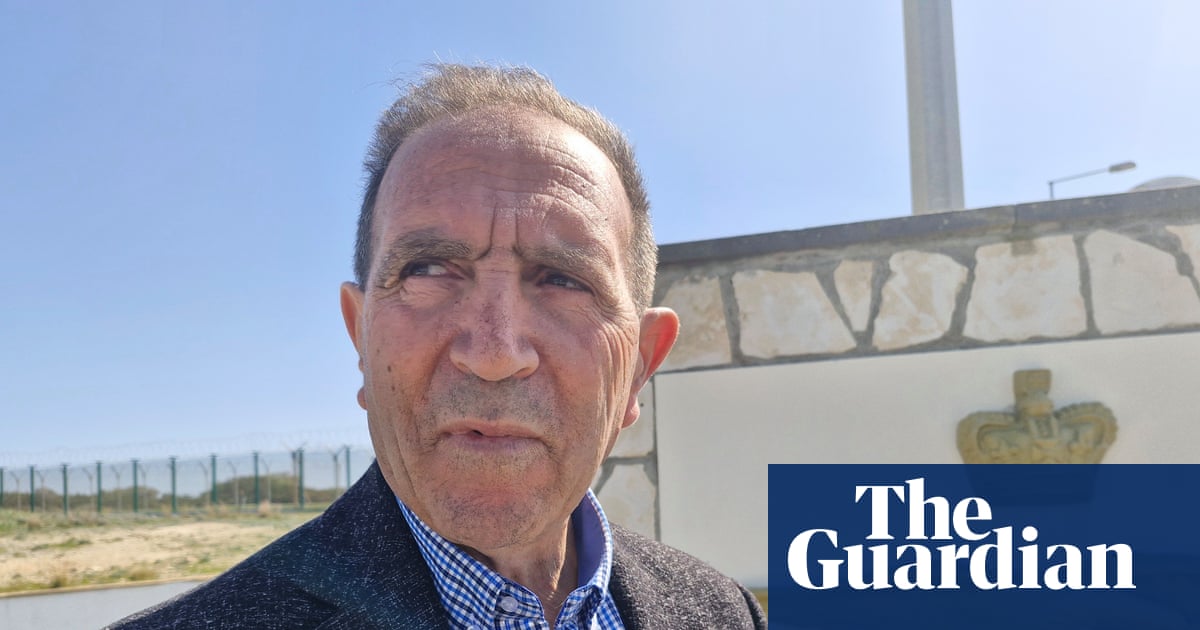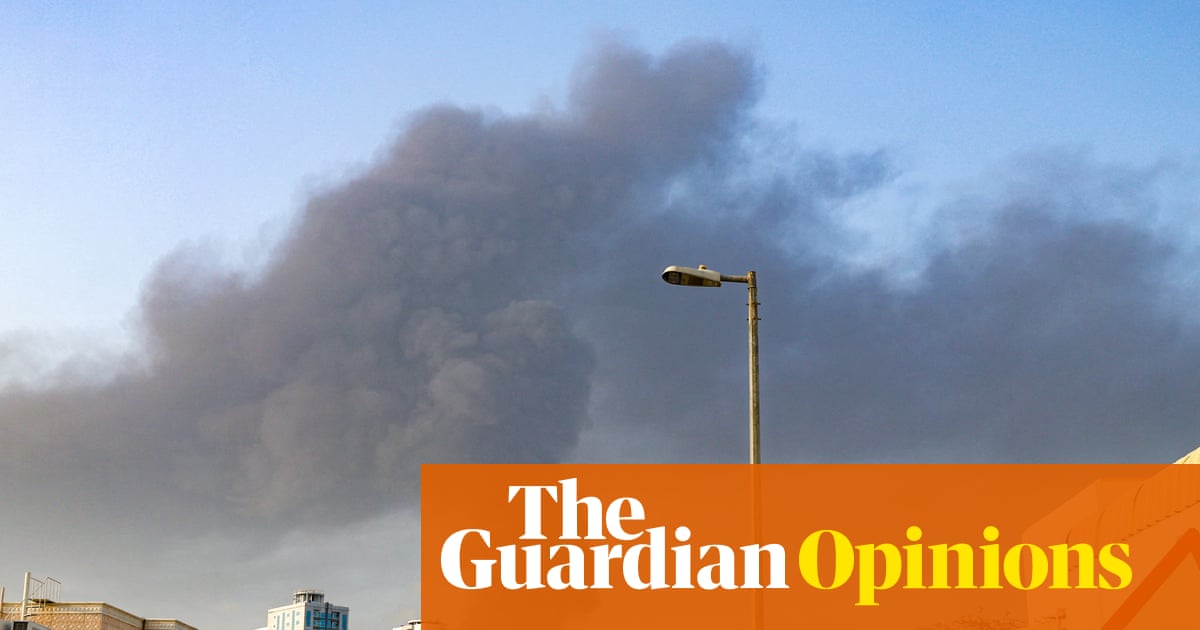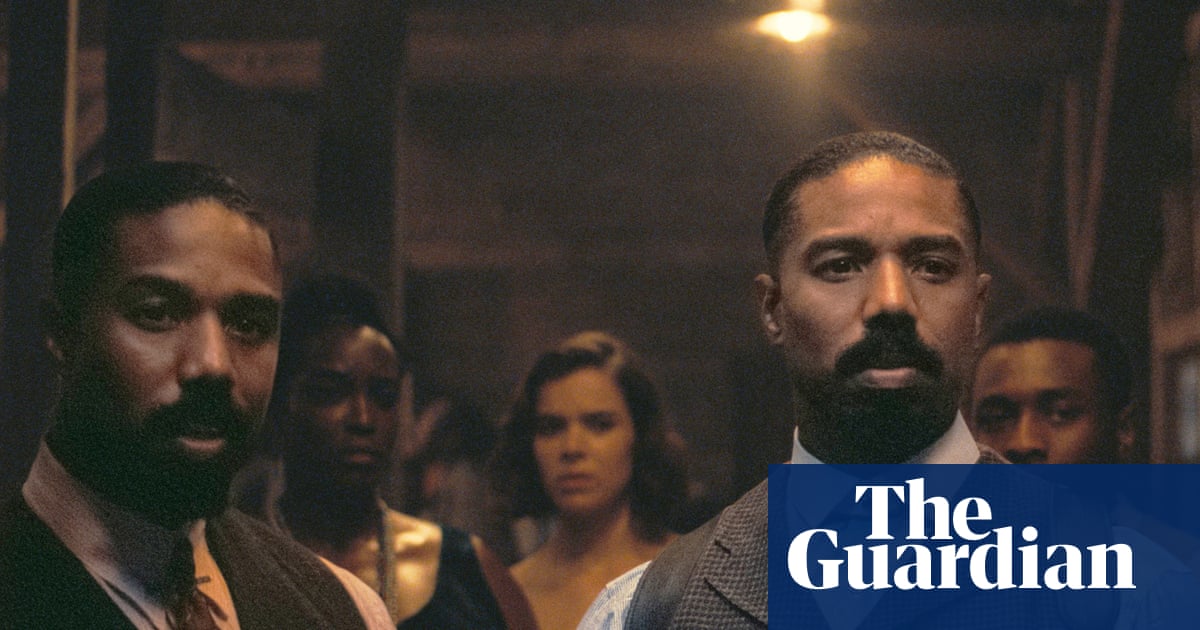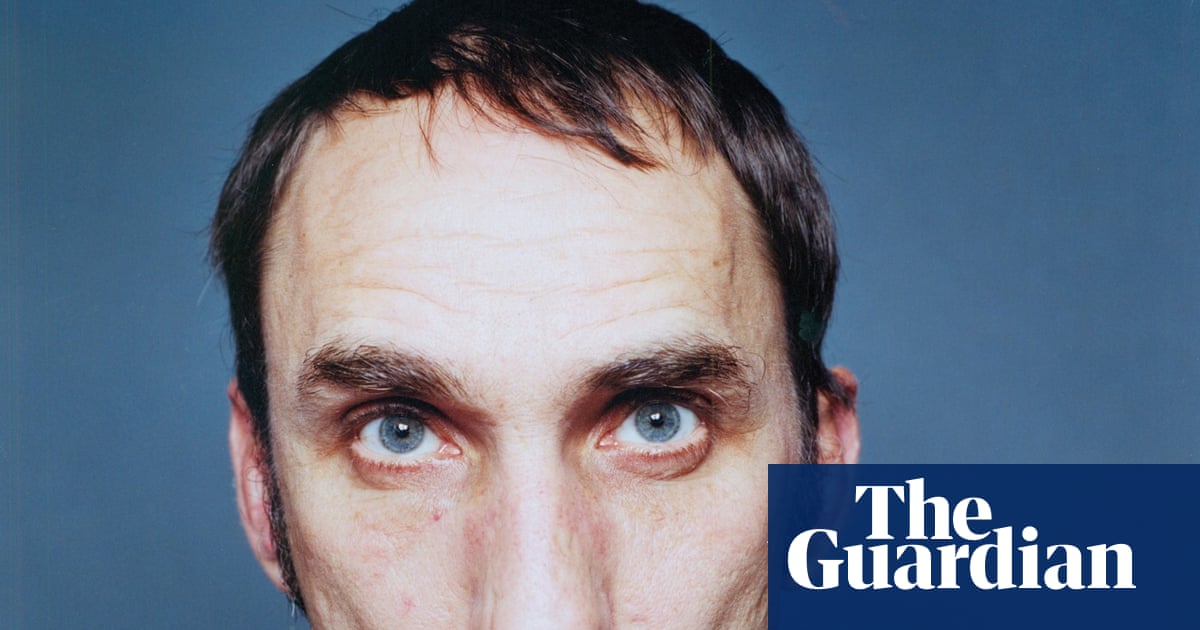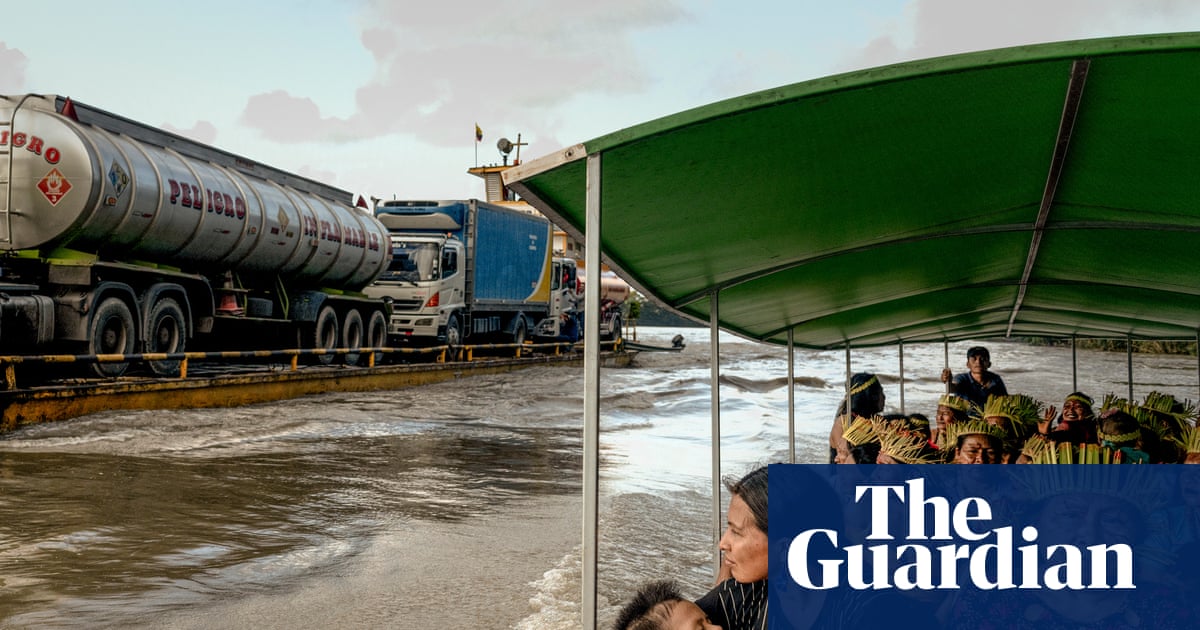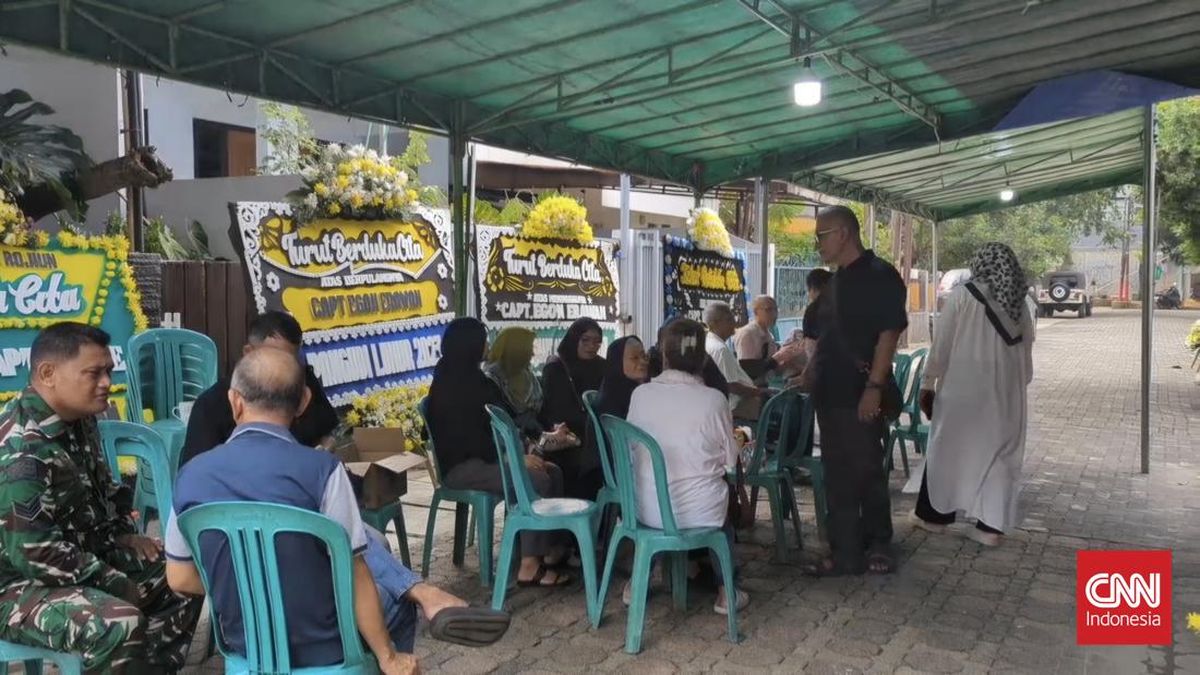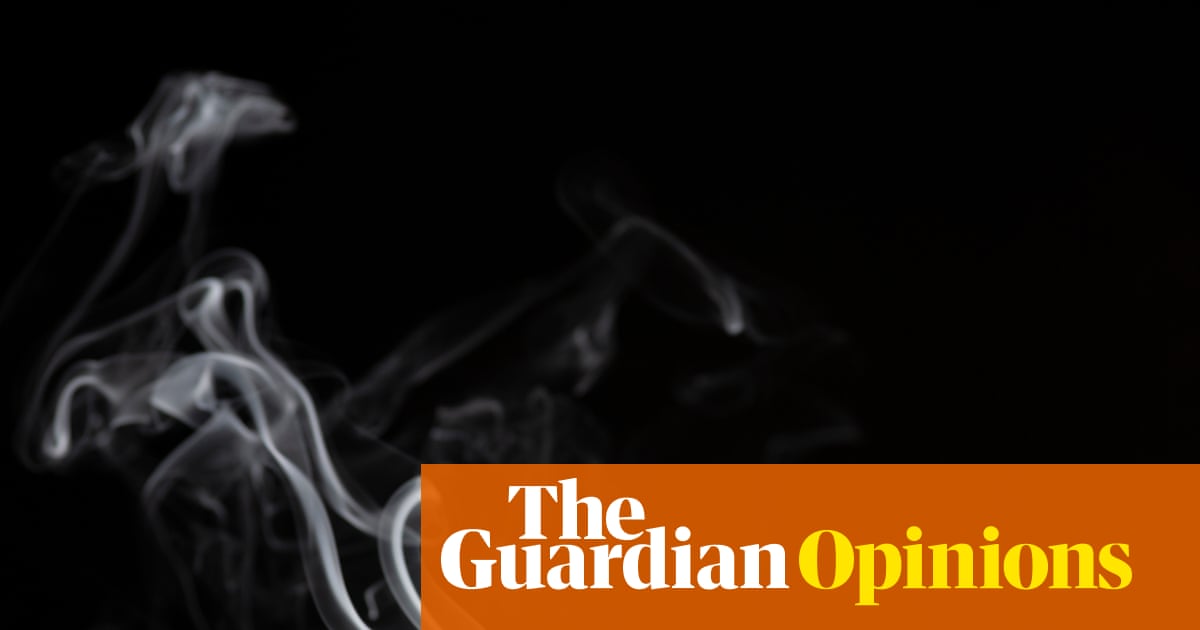Leading British lawyers have warned of a political “race to the bottom”, after a Conservative MP tipped as future party leader said large numbers of legally settled families must be deported.
Katie Lam, a shadow Home Office minister and a Tory whip, said people with legal status in the UK should have their right to stay revoked, to ensure the UK is mostly “culturally coherent”. The Tory leader, Kemi Badenoch, rowed back on Lam’s statement last Thursday, weeks later.
While Badenoch has gone from saying the statement was “broadly in line” with party policy to reverting to existing policy that revokes indefinite leave to remain (ILR) status if someone has committed a crime, the statement has sparked concern for many as a signal of “dangerous times” and belonging to a larger political discourse. In recent months leaders across political parties have absorbed anti-migrant rhetoric and echoed policies that once belonged on the fringes.
Most recently, a Reform UK leader complained of “every advert” seemingly featuring “black and Asian people”, and in September, the party’s leader, Nigel Farage, pledged to abolish the main route for immigration to gain British citizenship. Earlier this year, Keir Starmer said the UK risked becoming an “island of strangers” without tougher immigration policies.
“I don’t accept that the ramifications of that phrase were not fully understood, and it was appealing to a particular audience,” said Martin Forde KC, a leading barrister who has investigated claims of racism within Labour.
Forde, whose parents migrated from the Caribbean, said Lam’s comments were a “thinly disguised keep Britain white campaign”. The leading barrister said the current political discourse was an “absolute indictment” that someone such as himself, from generations of people who had contributed to the country, should still feel insecure.
“It’s a race to the bottom,” added Forde. “It’s desperate to see Labour feeling the only answer to Reform is to try and out-Reform Reform, rather than actually talk about the positives of migration.
“The rhetoric has to change and has to be accurate.”
Support for Reform has surged in the polls, and far-right marches have drawn thousands to London, leaving many minority ethnic Britons feeling the situation is reminiscent of far-right marches from decades past and fearful the UK is “going backwards” as politicians target migrants.
“We’re in very dangerous times,” said the lawyer Jacqueline McKenzie, who has represented hundreds of victims at the heart of the Windrush scandal, in which Britons from the Commonwealth living in the UK legally were classed wrongly as illegal migrants.
McKenzie said her father, who emigrated to the UK from Jamaica in 1951, would be rolling in his grave over the current discourse. Recently, her daughter has questioned whether they should get Caribbean passports.
“Now we’re getting kids in their 20s and 30s who have got two generations ahead of them, born in Britain, feeling less than,” said McKenzie, who is a partner and head of immigration and asylum law at Leigh Day.
“We are in really, really dangerous times where anti-immigrant fervour is being seen as a legitimate policy orientation for most political parties,” she added. “The tenets of this, the tentacles of it spread so far when you start talking about deporting and removing people who are legally in the country, and millions of them as well. That’s something very different, isn’t it?”
People with ILR status, or with spouses who hold this status, have told the Guardian the recent policies floated by Conservative and Reform leaders have left them feeling insecure in the UK, and described the broader political anti-migrant discourse as racist, frightening and hostile.
Ramzi Darwazeh, a dual British-Jordanian citizen living in Manchester with his wife and children, said the recent surge of Reform in the polls had pushed him to get his British citizenship. For the past six years he has gone through the process of obtaining ILR – at a huge financial cost – after moving to the UK on a spousal visa. Should the proposed policies be implemented, he fears his family would be separated.
“It’s easy for someone to say now, well, that will never happen,” said Darwazeh, 37. “Who knows how this plays out in two, three years.”
While day to day, he has “no issues”, Darwazeh has been alarmed by the proliferation of St George’s flags in his area, a practice that has been widely co-opted by the far-right and anti-immigration protesters. Long-term, though the family has no wish to leave, they may consider it if the hostility continues.
“I find it really odd that in a country where migrants are needed, no one’s actually selling a positive story about migration at all,” he added. “I just find the demonisation very odd and frightening, long-term.”

 3 months ago
70
3 months ago
70

